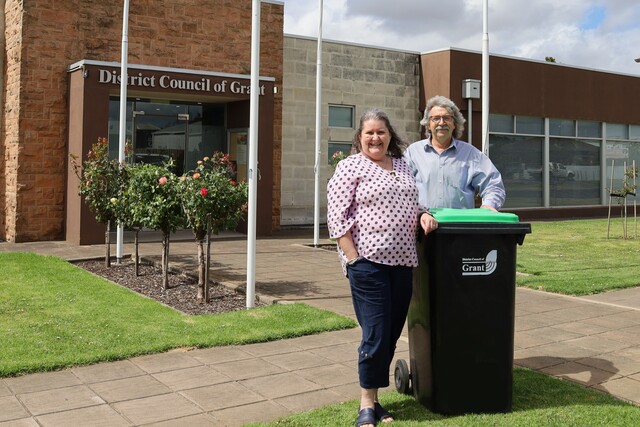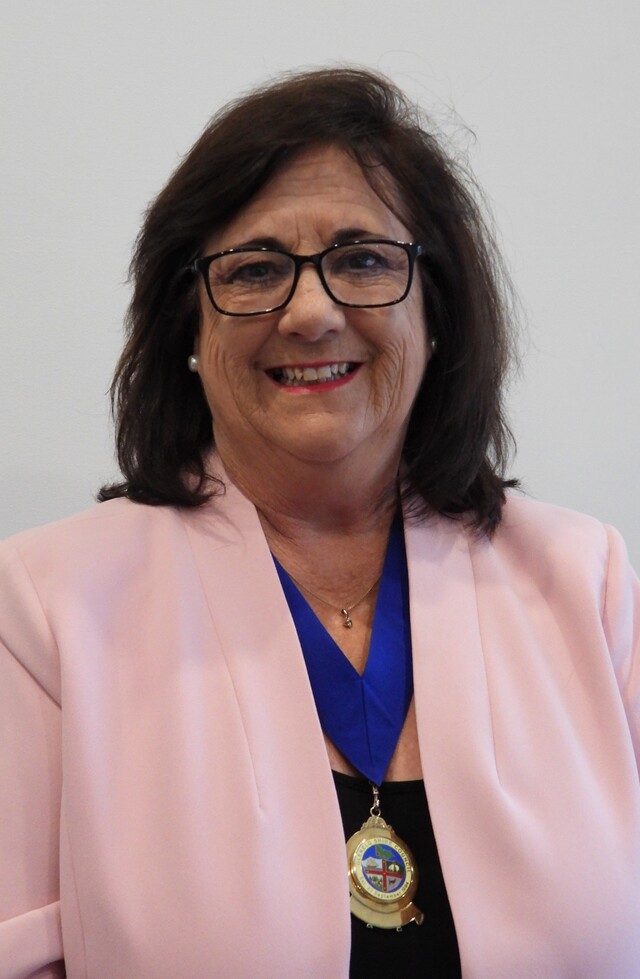The UK Experience by Malcolm Morley*
The day before writing this I was a pirate captain – hopefully no photos exist! The reason I was in this role was to assess bids from innovators (pirates) for funding (treasure) for projects from various councils and their partners that would improve efficiency and effectiveness.
Each of the projects illustrated partnership working across different parts of the public sector and also in some cases with the voluntary sector. Each project was designed to be proactive in preventing the need for expensive public sector intervention after problems had occurred or got worse.
Innovation is much talked about and appears in the value statements of many councils. Regrettably it often only exists as individual projects created by individuals/small groups who want to do something different about a specific problem. It is often not part of the fundamental culture of councils – hence the need to compete for external funding.
Having a friend who’s an inventor has taught me that innovation is not just something that is turned on and off. It is part of the fabric of the individual that enthuses and pervades how they see the world. Consequently an innovative organisation requires innovation to be part of its fabric.
Innovation often challenges organisational process norms and assumptions. Picasso said every act of creation requires first an act of destruction. So it often is with innovation – the innovator often must be able to challenge and change organisational norms.
To be able to do this requires support from those with power within the organisation. It also requires the ability in individuals to see and think beyond the norm.
Thomas Kuhn, in his seminal work The Structure of Scientific Revolutions, identified that a major barrier to paradigm shifts and to the challenge and changing of the ‘rules of science’ is the power of the accepted norm.
He found that experimental data that contradicted the ‘rules of science’ was either ignored or changed because of the power of the norm and the conditioning of those who adhere to them. So too with innovation in councils.
If I said that I wanted claimants of benefits to be able to get a decision and payment within one hour how would I be viewed? If I said that there should be one point of contact for all public sector organisations within each town/city, would I be regarded as naive?
Galileo was deemed a heretic for stating his belief that the earth revolved around the sun. Of course he was right, but such was the power of the accepted norm that he had to recant his belief.
Huge efficiency gains and increases in effectiveness are available if different parts of the public sector were able to work together and to innovate.
Innovation project by project will only get councils so far. If the public sector is really serious about transformation it requires the very culture of councils and their partners to change and for leaders to support innovation as part of their organisation’s cultures.
The question is: Are there enough pirates out there?
*Malcolm Morley is Chief Executive of Harlow District Council and can be contacted via the Editor, email info@lgfocus.com.au







